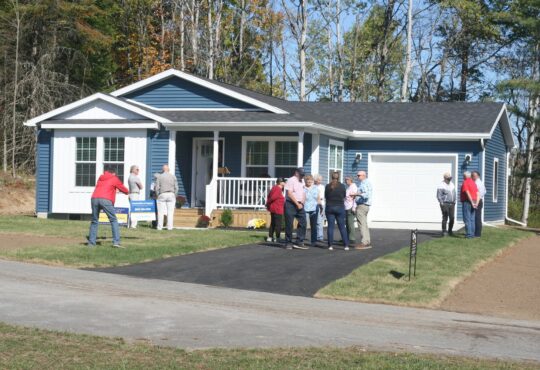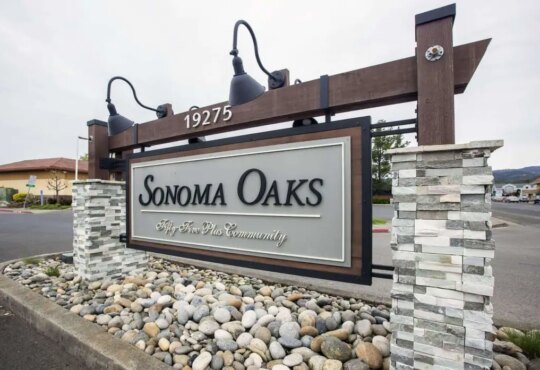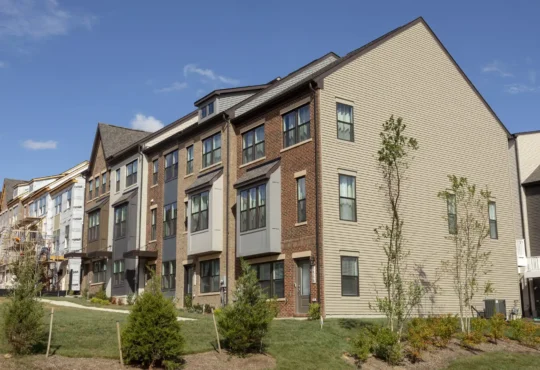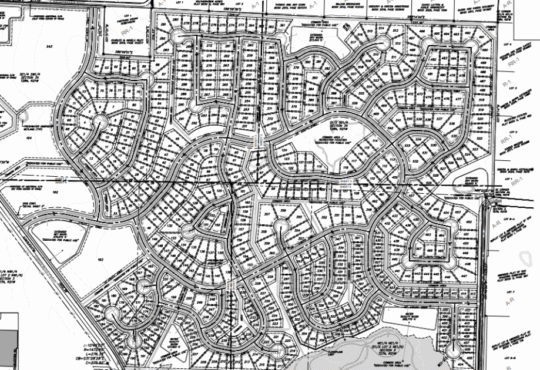Survivors of Anchorage condo fire struggle to find housing and make sense of what happened
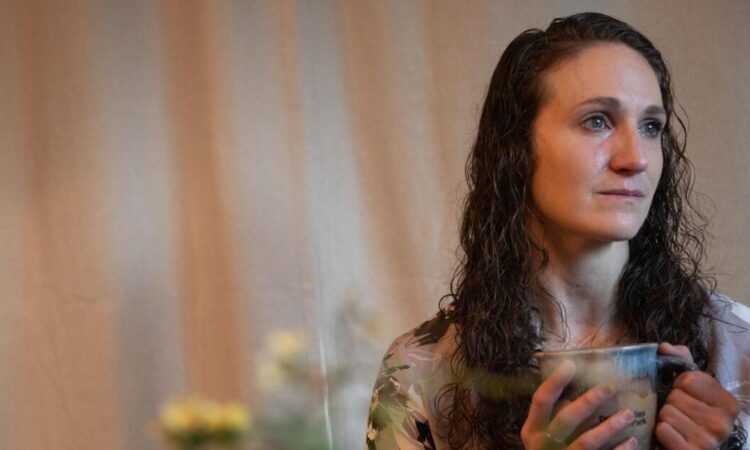
It was 1 a.m. and Jacob Berg was watching his home burn.
He’d been sound asleep just minutes before. He woke to knocking. Then he heard the fire alarms, but he didn’t think much of it, since pranksters had been pulling them all summer. When he opened his front door though, he found a wall of smoke outside his 3rd floor condominium in South Anchorage. The beams of police officer’s flashlights bounced down the hallway.
“You know, if the police weren’t there, I wouldn’t have made it out,” he said. “If they weren’t knocking on the door…”
Berg is one of 45 Anchorage residents who lost their homes on Sept. 26 after a fire swept through the 21 units at the Ravenwood Condominiums. Now he and his neighbors are scrambling to figure out what comes next, asking: Will the condo rebuild? How long will it take? And in the meantime, where will they stay, in a city with a tight, expensive housing market?
It’s a lot to deal with. And then, there’s the emotional toll. Berg said he’s still feeling a little traumatized.
“The smoke smell still gets to me,” he said. “I’ve stopped smelling phantom smoke around, which is nice.”
Still, he said, he knows he’s lucky. The police officers who knocked on his door weren’t even there for the fire, they were on scene responding to something else. But when they realized what was happening they sprang into action, waking up residents and, in some cases, carrying them out of the building. Not one person died in the fire.

Brian Dean is the Anchorage Fire Marshall. He said it’s likely the fire started on one of the building’s balconies, perhaps by a discarded cigarette, though it’s all still under investigation. He said it’s shocking that no one was killed — or even injured — in such a big fire, especially when almost all the residents were home sleeping. He chalks that up to the police officers’ quick intervention.
“People’s escape routes could have been blocked,” he said. “They could have been trapped inside their units with no way out other than third floor windows. Yeah, it was a tragedy averted.”
But there were losses. Six pets died in the blaze, two cats and four dogs.
And the majority of the units were pretty much destroyed — only a handful made it mostly unscathed — those where someone had closed a door behind them as they rushed out into the night.
Berg closed his front door as he left that night, which means his condo is still mostly intact. He’ll have to replace a lot of his appliances, but the things with sentimental value are mostly unharmed. He’s also having an okay time finding a place to live — his homeowners insurance is just enough to get a one-bedroom apartment.
That’s not the case for everyone.

Matt Faubion
/
Alaska Public Media
Nearly two weeks after the fire, Sarah Witmer was drinking coffee at the kitchen table of a house that wasn’t hers.
“I don’t sleep much these days,” she said.
She bought unit 9 three months before the fire. The first home she’d owned, she’d only just finished painting the bedroom a grey-green and hanging artwork. Now she’s not sure where she’ll go.
“I cannot afford to pay a mortgage and for a place to live. I just can’t,” she said. “I don’t know many people that can afford two mortgages, but yeah, I definitely can’t.”
Even though she won’t be able to move back into her condo for at least a year she still has to pay the monthly mortgage and the monthly homeowner’s fee. That’s how it works, a representative from the property management company said in an email, “When you buy a property, and have a loss, yes the owner is still required to honor their obligations, such as mortgage, property taxes, and dues.”
Witmer will get what amounts to $1,000 a month from her homeowner’s insurance to cover some other housing for the next year. It’s unclear whether the condominiums will be rebuilt by then. There is currently no timeline, according to the representative from the property management company. There’s not a lot you can rent for $1,000 a month in Anchorage, Witmer said. She’s coming to terms with the fact that she’ll likely have to rent a room in somebody’s house.
“After this situation, it would be nice to just have kind of like my own safe space,” she said, starting to cry. “Where I could just decompress after a day and not ‘people,’ because I am very peopled-out after holding it together for eight hours at work.”
She said it’s her support system that is getting her through. Her friends are bringing her clothes and letting her stay in their homes. Her coworkers put together a fundraiser. And when firefighters heard her dog Dunkin’ had lost all his toys in the fire, they bought him some new ones. His favorite? The donut.
Because Dunkin’ Donuts, Witmer explained, half laughing. She watched as he flopped on the rug. He’s part of her support system too, she said.
“Oh, my gosh,” she said, choking up again. “I – I don’t know where I’d be if Dunkin’ did not get out.”

Matt Faubion
/
Alaska Public Media

